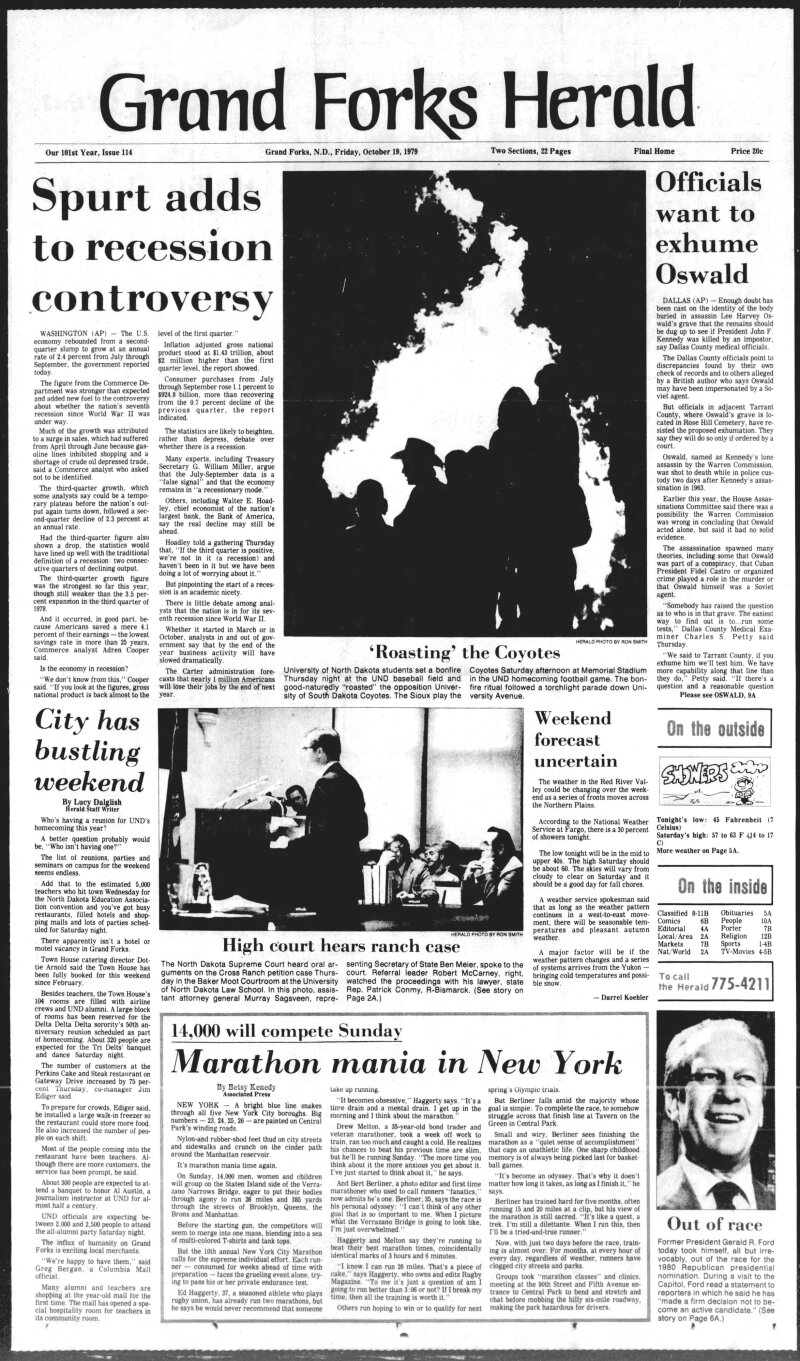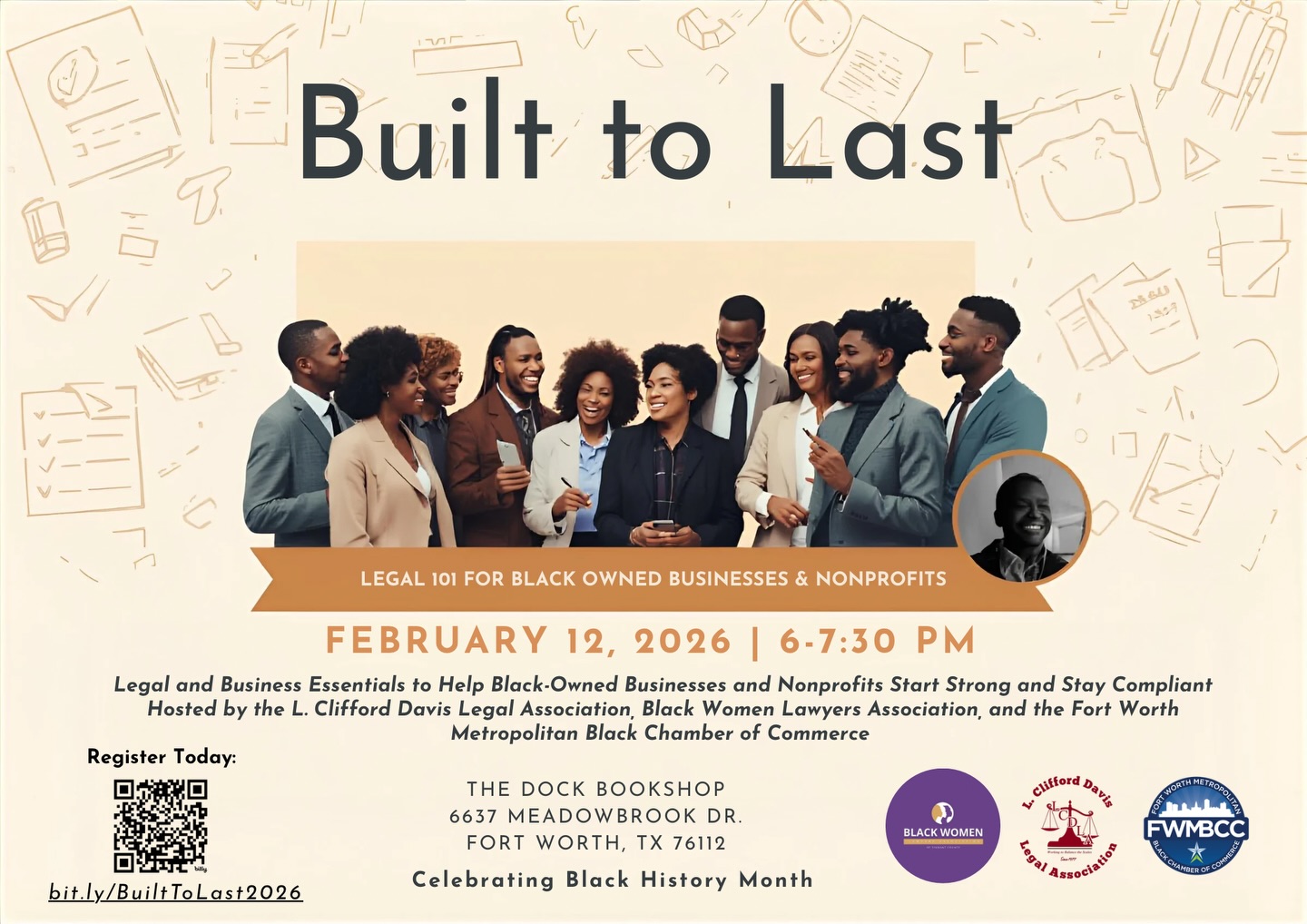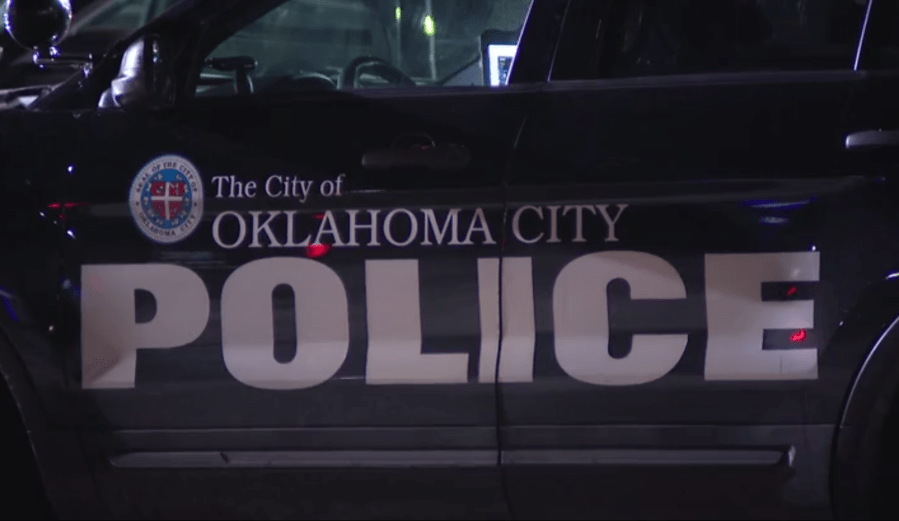UPDATE: The North Dakota Supreme Court is currently deliberating on a pivotal case regarding the Cross Ranch legislation, as arguments were presented on October 18, 1979. This case could significantly impact voters’ ability to decide on the future of the 10,000-acre Cross Ranch, which is proposed to be added to the state park system with a budget of $2.6 million from Vietnam veterans’ bonus funds.
The hearing, held at the Baker Moot Courtroom in Grand Forks, centered on the legitimacy of signatures collected for a petition aimed at referring the Cross Ranch legislation to voters. The Secretary of State, Ben Meier, previously rejected several signatures due to the absence of “full post office addresses,” a requirement under state law.
Bismarck attorney Patrick Conmy, representing petitioner Robert P. McCarney, raised critical questions about the definition of a “post office address.” He argued that many residents in larger cities like Bismarck and Fargo had their signatures disqualified simply because they listed their city as their address. Conmy emphasized that a sample petition submitted for approval had only included city names, which were accepted at that stage.
Conmy passionately questioned, “What in the hell is a post office address?” He pointed out that the postal system in North Dakota allows for various ways residents receive their mail, making it unreasonable for the Secretary of State to determine the validity of an address based solely on the city name.
Assistant Attorney General Murray G. Sagsveen, defending Meier’s decision, countered that residents in larger cities must provide more specific addresses. He noted that out of 360 postcards sent to petitioners without full addresses, 290 were returned due to insufficient addressing.
The stakes are high as this case could determine whether the public will have a chance to vote on this significant piece of legislation. With time running out for the petition drive, the justices have taken the case under advisement, keeping the future of Cross Ranch in limbo.
As this story develops, it emphasizes the importance of voter engagement and the legal nuances that can affect democratic processes. The court’s decision could resonate beyond North Dakota, highlighting issues of accessibility and representation in the electoral process.
Stay tuned for updates on this urgent case as the justices weigh their options and the implications for North Dakota voters.







